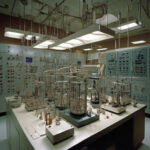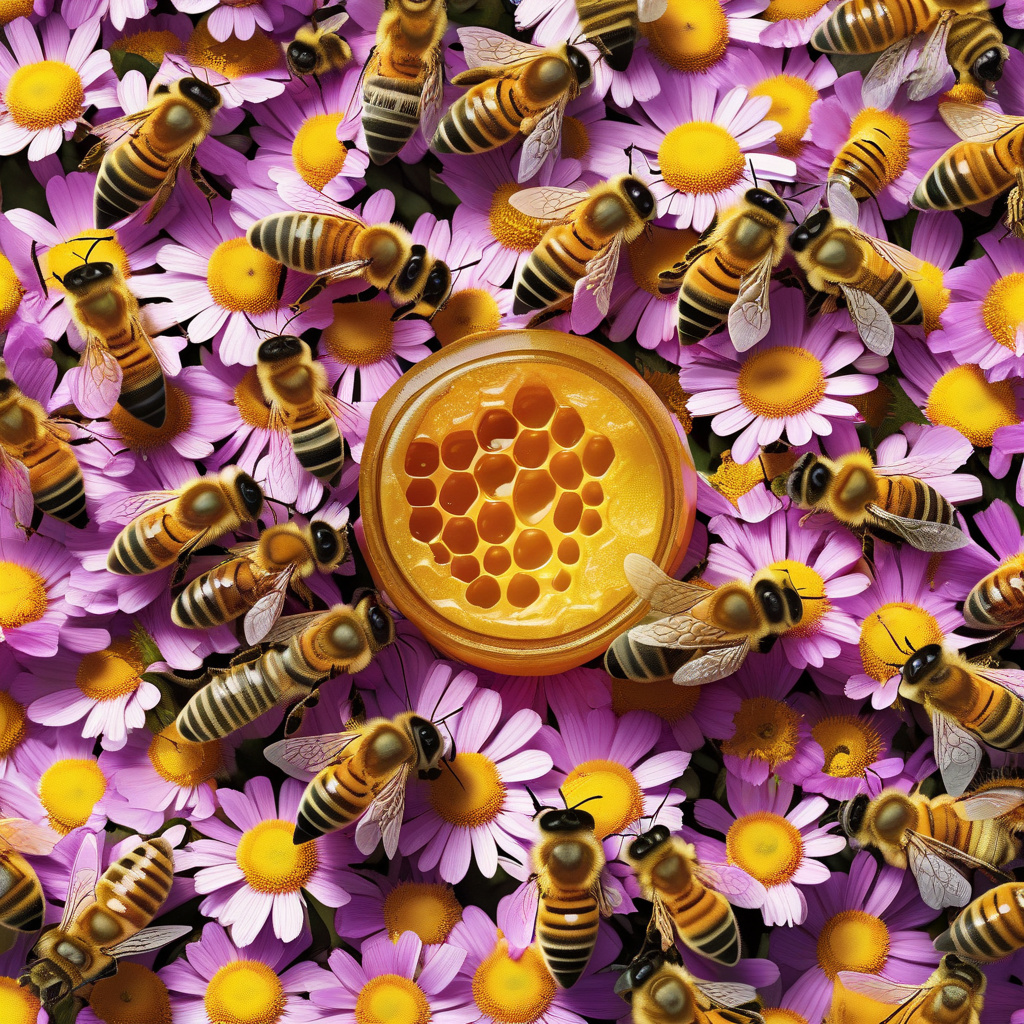Bee positive: ‘Wacky’ honey bees could whisper anti-aging secrets to humans
In an effort to extend lifespans and fertility, the UK’s Advanced Research + Invention Agency (ARIA) has embarked on a unique initiative that might just have the potential to unlock the mysteries of aging and revolutionize the field of anti-aging research. This groundbreaking project involves studying the fascinating world of honey bees and their extraordinary abilities that could hold the key to slowing down the aging process in humans.
Honey bees, often seen as nothing more than industrious pollinators vital for ecosystem health, are now gaining attention for their remarkable longevity and youth-preserving qualities. Scientists have long been intrigued by the fact that honey bees, despite being exposed to environmental stressors and pathogens, manage to live significantly longer lives compared to other insects of similar size. What sets honey bees apart is their ability to defy the conventional laws of aging, remaining active and productive well into old age.
ARIA’s research team, led by renowned biologist Dr. Elena Martinez, is delving deep into the genetic makeup and biochemical pathways of honey bees to uncover the secrets behind their exceptional longevity. Preliminary findings suggest that honey bees possess unique anti-aging mechanisms that protect their cells from damage and deterioration, allowing them to maintain youthful vitality over extended periods.
One of the most intriguing aspects of honey bee biology is their reliance on a specialized diet rich in royal jelly, a nutrient-rich substance secreted by nurse bees to feed the queen bee. Royal jelly is known for its potent anti-aging properties, promoting cellular regeneration and enhancing longevity in queen bees, who outlive other members of the colony by several years. By studying the molecular components of royal jelly, researchers hope to identify key compounds that could be harnessed for human anti-aging interventions.
In addition to their longevity, honey bees also exhibit remarkable fertility levels that decline at a much slower rate compared to other insects. Female worker bees, responsible for tasks such as nursing larvae and foraging for food, maintain high reproductive capacity throughout their lives, defying the typical decline in fertility associated with aging. Understanding the genetic factors that regulate fertility in honey bees could offer valuable insights into preserving reproductive health and extending fertility in humans.
The implications of ARIA’s honey bee research extend far beyond the realm of anti-aging science. By uncovering the biological mechanisms that underpin the exceptional longevity and fertility of honey bees, researchers may pave the way for the development of novel therapeutics and interventions that target age-related diseases and reproductive disorders in humans. From rejuvenating aging cells to enhancing fertility potential, the insights gleaned from honey bees could usher in a new era of personalized anti-aging medicine.
As ARIA continues to unravel the mysteries of honey bee biology, the potential for cross-species knowledge exchange holds promise for accelerating advancements in anti-aging research. By drawing inspiration from the wacky world of honey bees, scientists are poised to unlock a treasure trove of anti-aging secrets that could redefine the way we approach aging and longevity in the modern era.
In a world where the quest for eternal youth remains a timeless pursuit, perhaps the humble honey bee holds the key to unlocking the fountain of youth. As we buzz with excitement over the possibilities that lie ahead, one thing is certain – the future of anti-aging research looks sweeter with a touch of honey.
#beepositive, #antiagingsecrets, #honeybeeinspiration, #ARIAresearch, #fountainofyouth












